|
#2
1st August 2015, 08:57 AM
| |||
| |||
| Re: B Ed admission MSU Baroda
As you want to get the details of admission of B.Ed in Maharaja Sayajirao University of Baroda so here is the information of the same for you: Eligibility Criteria: Candidates must have passed graduation from the M. S. University of Baroda or from any other University recognized as equivalent for the purpose. He/ She must have taken the Bachelor‟s Degree as a regular student in the 10 + 2 + 3 or 11 + 4 pattern Candidates must have passed graduation or Master‟s Degree at least with 50.01percent marks in the aggregate or equivalent grade. He/she must have offered English as one of the subjects at the higher Secondary/College or University level Intake Capacity: The total enrollment in B.Ed. course will not exceed 180 candidates for the academic year. Attendance: Every candidate must have 80% attendance in each of the courses.= Grading System: 1. First division with Distinction CGPA 7.00 onwards 2. First division CGPA 6.00 up to 6.99 3. Higher second Division CGPA 5.50 up to 5.99 4. Second Division CGPA 5.00 up to 5.49 5. Pass Division CGPA 4.00 up to 4.99 Syllabus: Unit I: Significance of Educational Psychology 3 Hours 1. Meaning of Educational Psychology 2. The scope and contribution of Educational Psychology Unit II: Growth and Development 10 Hours 1. Meaning of Growth and Development. Differences between growth and development 2. Theoretical viewpoints to understand the human development process and concept of individual differences. (a) Biological (b) Learning (c) Psycho-analytical (d) Cognitive (e) Role theory. 3. Characteristics of development with educational implications. (a) Early Childhood (b) Later Childhood (c) Adolescence (d) Importance of Adolescence Education and Lie skills 4. Children with special needs. 5. Importance of studying „Growth and Development‟ for a teacher Unit-III: Adjustment 8 Hours 1. (a) Meaning and definition of adjustment (b) Psychological coping mechanisms (i) Inbuilt (ii) Direct or conscious mechanisms (iii) Indirect or unconscious mechanisms (Ego-defense mechanisms) (c) Factors affecting adjustment at home and at school. 2. Maladjustment (a) Meaning and concept (b) Symptoms of maladjustment in classroom (c) Causes of maladjustment (d) Remedial measures and teacher‟s role 3. Adjustment as an art of living Unit IV: Learning 18 hours 1. Meaning and definitions of learning 2. Learning as a process and product 3. Different viewpoints of learning and their classroom implications (a) Learning by Trial and Error (Thorndike) § Educational Implications (b) Learning by Stimulus - Response conditioning (Pavlov & Skinner) § Classical conditioning § Operant conditioning § Educational implications (c) Gestalt theory- Learning by insight and its implications (d) Cognitive theory (Ausubel and Piaget) - Social cognitive theory - Vygotsky (e) Factors affecting learning and learning problems (i) Learners‟ individual differences (ii) Task variables (iii)Conditions of Learning; method variable Physiological, Psychological, Socio-emotional and educational factors. (iv) Ways to enhance learning skills and minimizing learning problems. A Information processing strategies (a) Recall strategies (b) Strategies that integrate and organise information (c) Organisational strategies (d) Elaboration strategies B. Active study strategies, study tactics. Unit V: Personality 6 Hours 1. Meaning, definition and nature of Personality 2. Determinants of Personality 3. Personality and development of special abilities. 4. Role of teacher in developing whole person. 5. Personality Assessment 6. Emotional Intelligence and its implications for teaching and learning. 7. Mental Health: concept and purpose References: 1. Bhatia, H. R. (1973). Elements of Educational Psychology, 5th edition, Orient Longman. 2. Bigge, M. L. (1982). Learning Theories for Teachers, (4th edition). New York, Harper and Row Publishers, P.P. 89-90. 3. Bolles, R. C. (1975): Learning Theory. New York, Holt, Rinehart and Winston, P.P. 18-19. 4. Chauhan, S.S. (1978): Advanced Educational Psychology, Vikas Publishing house Pvt. Ltd., New Delhi. 5. Dandapani, S. (2001), A textbook of Advanced Educational Psychology. New Delhi: Anmol Publications. 6. Dunn, R. (1983). Can students identify their own Learning Styles? Educational Leadership,40, P.P. 60-62. 7. Dash, M. (1988). Educational Psychology. Delhi: Deep and Deep Publication. 8. Duric, L. (1975). Performance of Pupils in the Process of Instruction. Bratislava, SPN, P.P. 54-90. 9. Duric, L. (1990). Educational Sciences: Essentials of Educational Psychology. International Bureau of Education, UNESCO, New Delhi, Sterling Publishers, P. 81. 10. Fontana, D. (1995). Psychology for Teachers (3rd edition). The British Psychological Society, London: McMillan in association with BPS Books. 11. Kundu C.L. and Tutoo D.N. (1993) : Educational Psychology, Sterling Publishers Pvt. Ltd. 12. Lindgren, H. C. (1967). Educational Psychology in Classroom (3rd edition). New York: John Wiley and sons. 13. Mangal, S. K. (1984). Psychological Foundations of Education. Ludhiana: Prakash Publishers. 14. Mohan J. and Vasudeva P. N. (1993). Learning Theories and Teaching, In Mohan Jitendra (ed.) Educational Psychology, New Delhi, Wiley Eastern Limited, P. 146. 15. Oza, D. J. and Ronak, R. P. (2011). Management of behavioral problems of children with mental retardation. Germany: VDM publication. 16. Papalia D. E., and Sally, W. O. (1978). Human Development. McGraw Hill Publishing Company. 17. Phens, J. M., and Evans, E. D. (1973). Development and Classroom Learning : An Introduction to Educational Psychology. New York: Holt Rinehart and Winston Inc. 18. Tessmer, M., and Jonassen, D. (1988). Learning Strategies: A New Instructional Technology. In Harris Duncun (1988) Education for the New Technologies, World Year Book of Education. London: Kogan page Inc. 19. Skinner, E. C. (1984). Educational Psychology-4th Edition. New Delhi: Prentice Hall of India Pvt. Ltd. 20. Spinthall, N., and Spinthall, R. C. (1990). Educational Psychology 5th Edition. - McGraw Hill Publishing Company For more detailed information I am uploading a PDF file which is free to download: 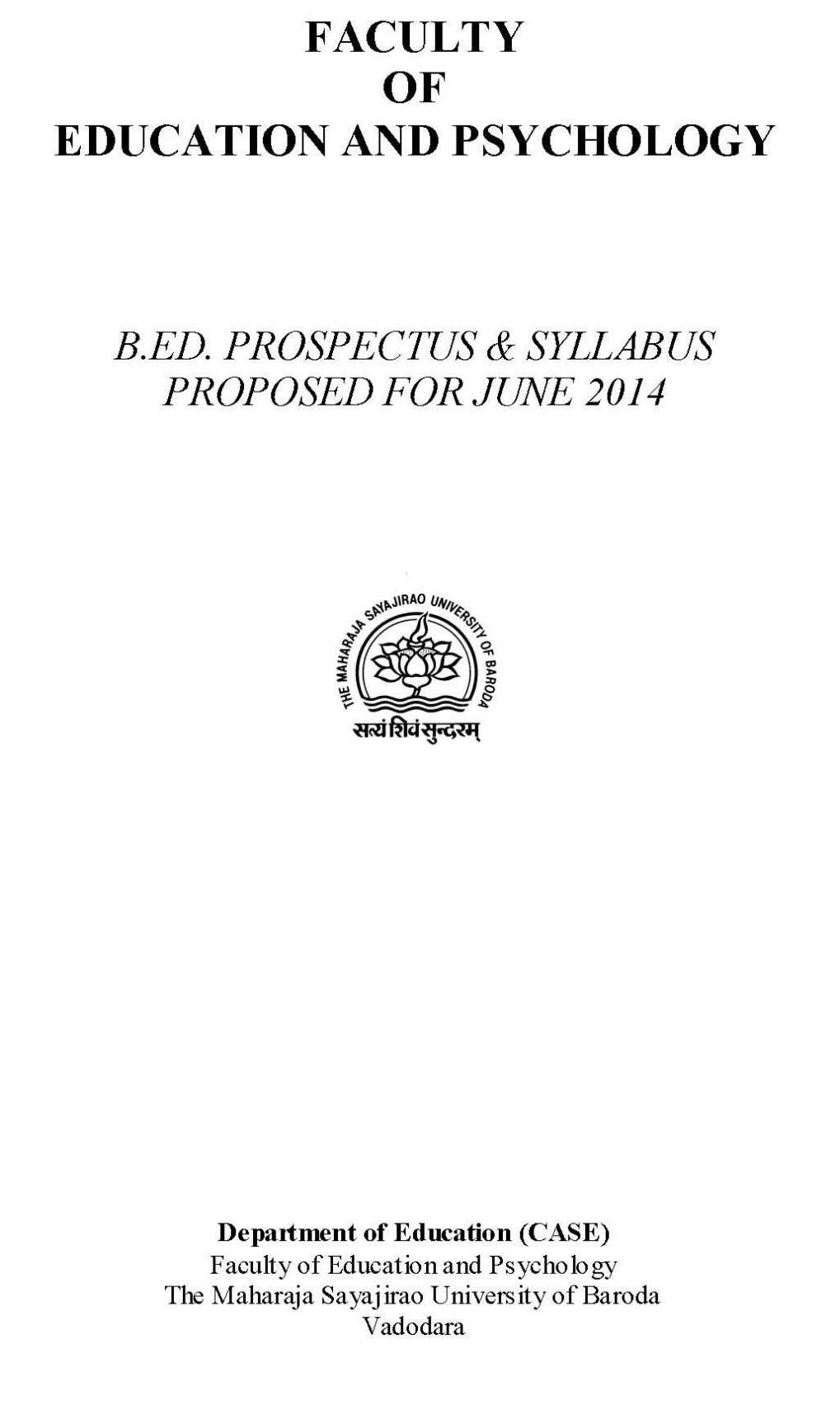 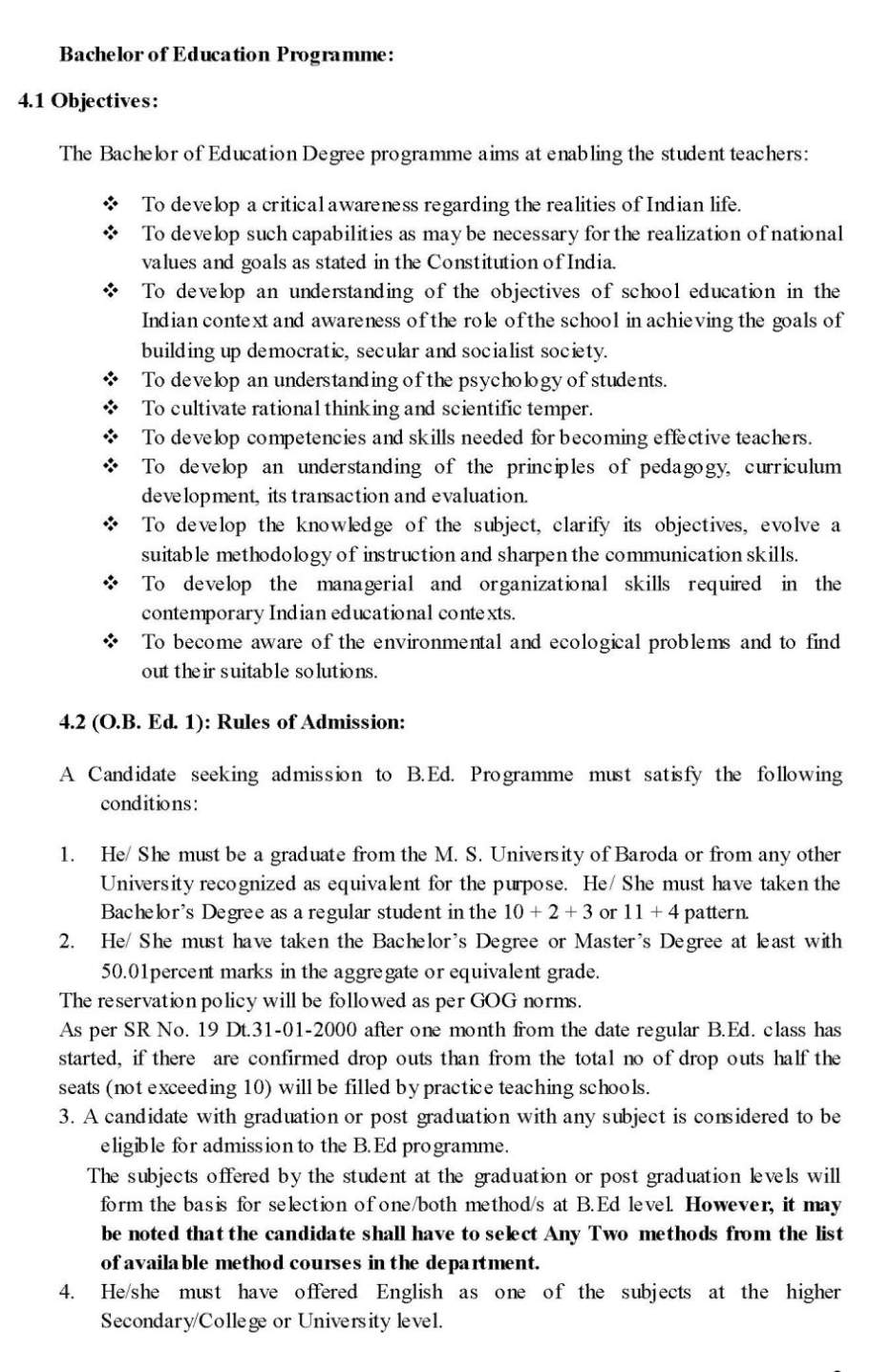 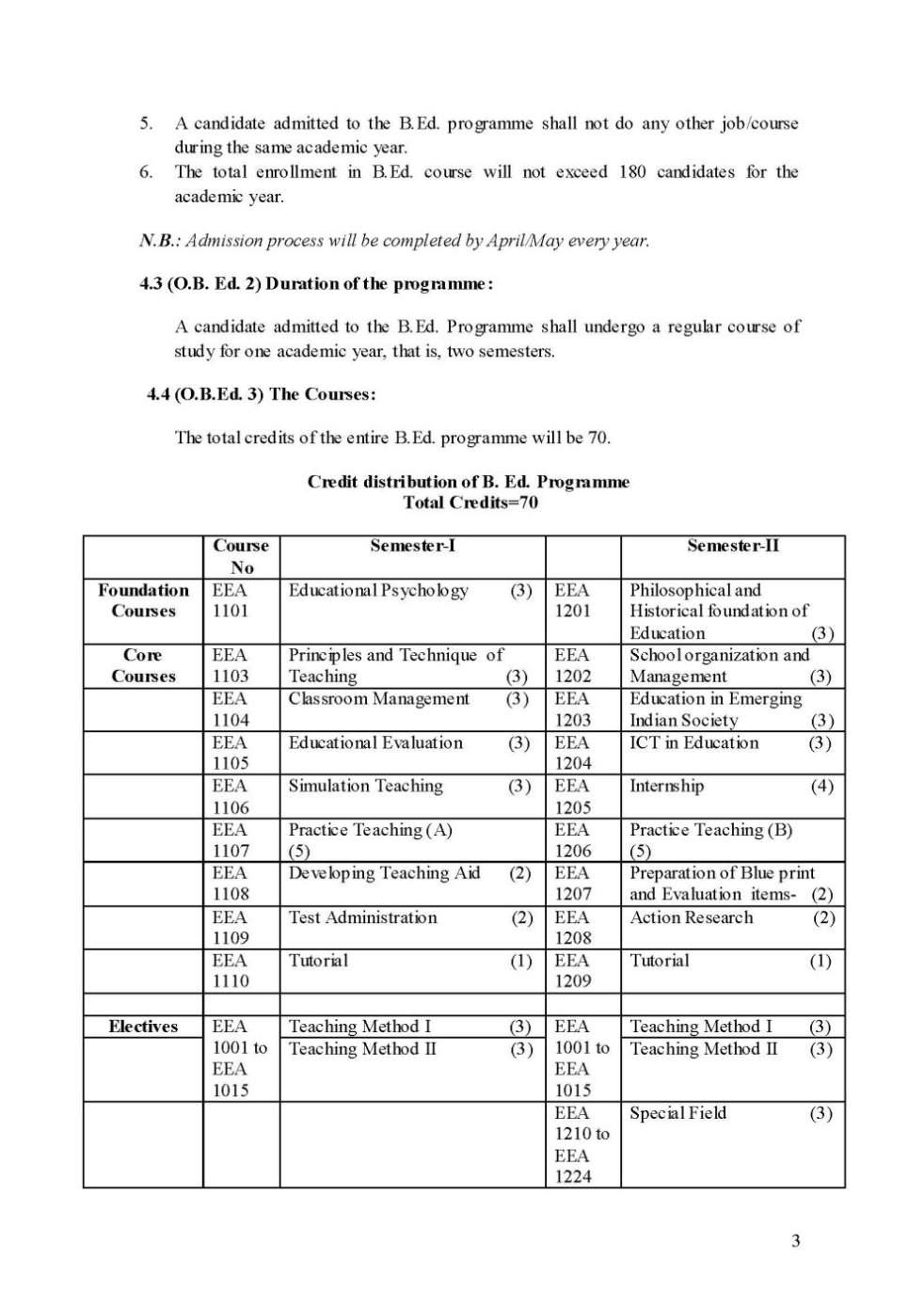 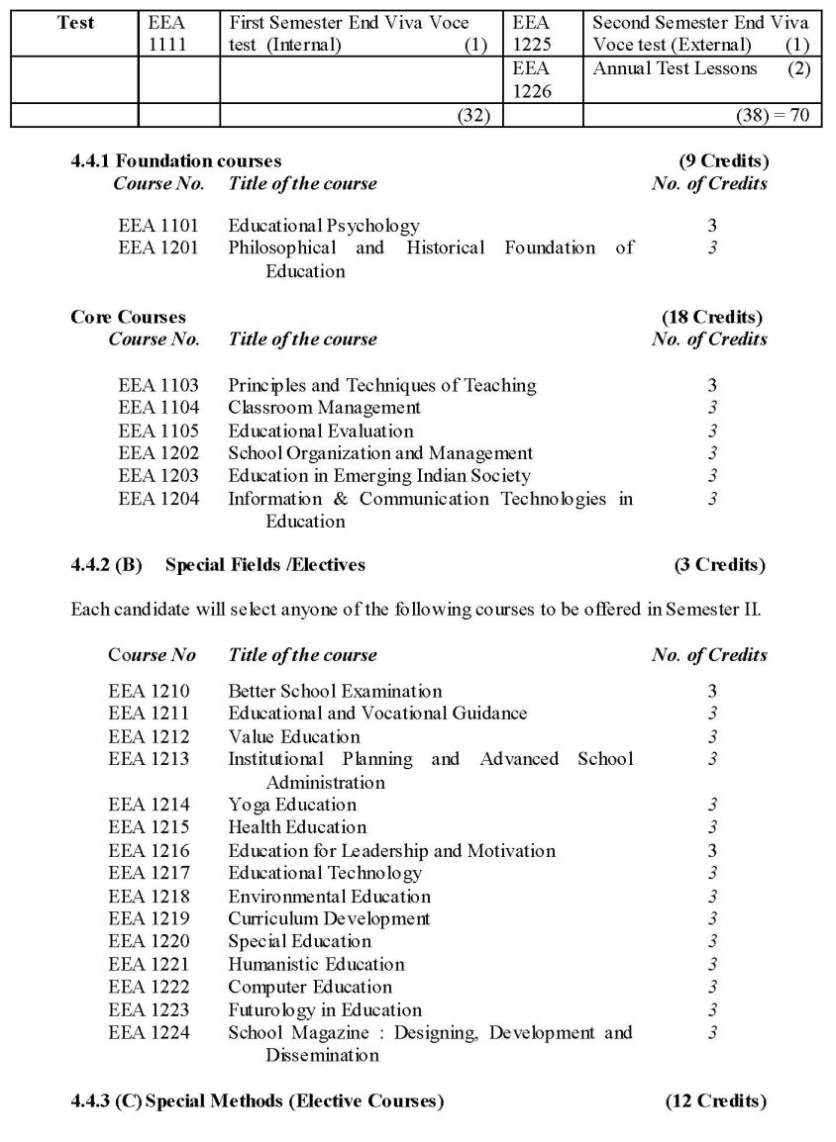 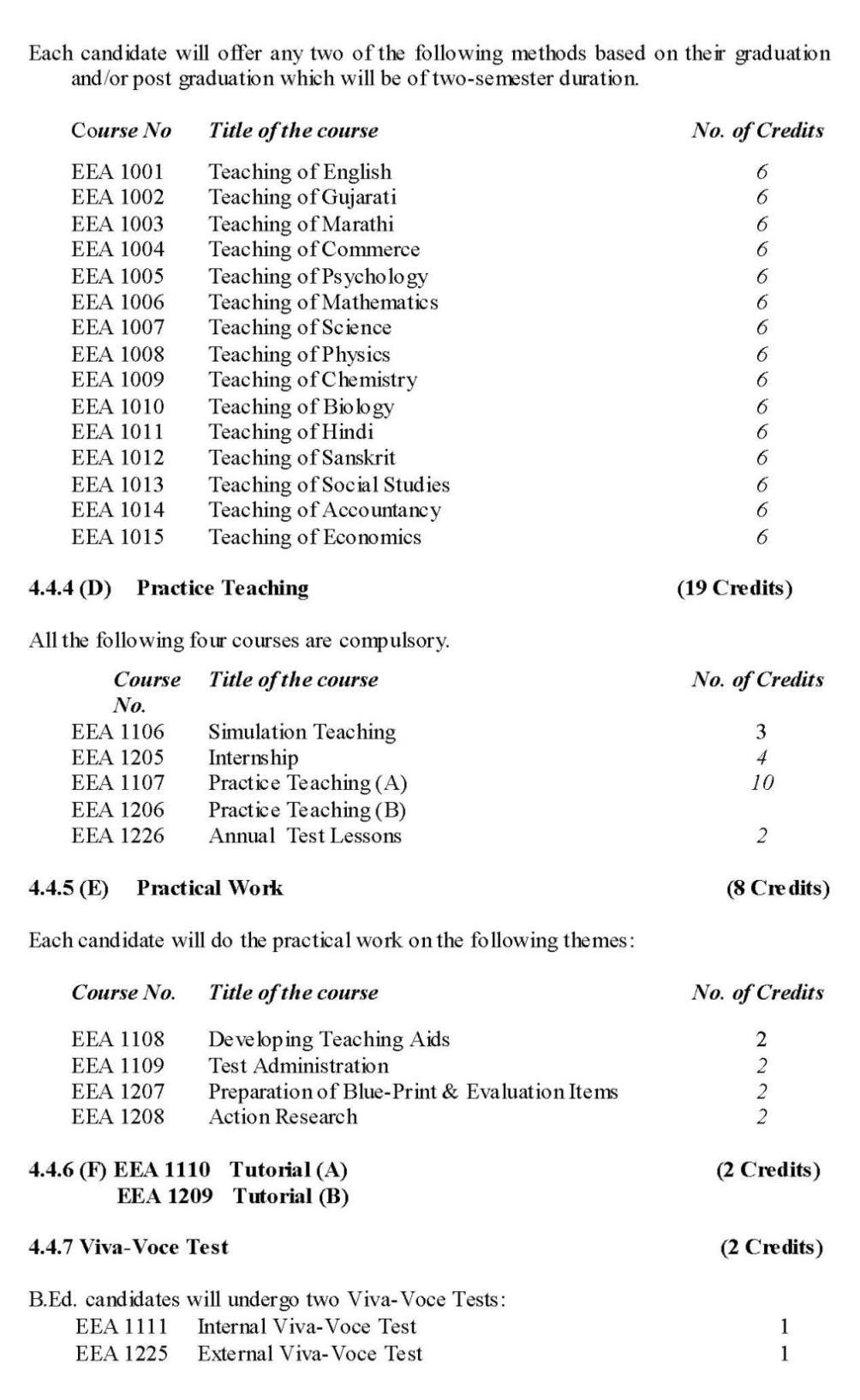 Contact Details: The Maharaja Sayajirao University of Baroda Pratapgunj Vadodara, Gujarat 390002 India Map Location: [MAP]The Maharaja Sayajirao University of Baroda Vadodara,[/MAP] |